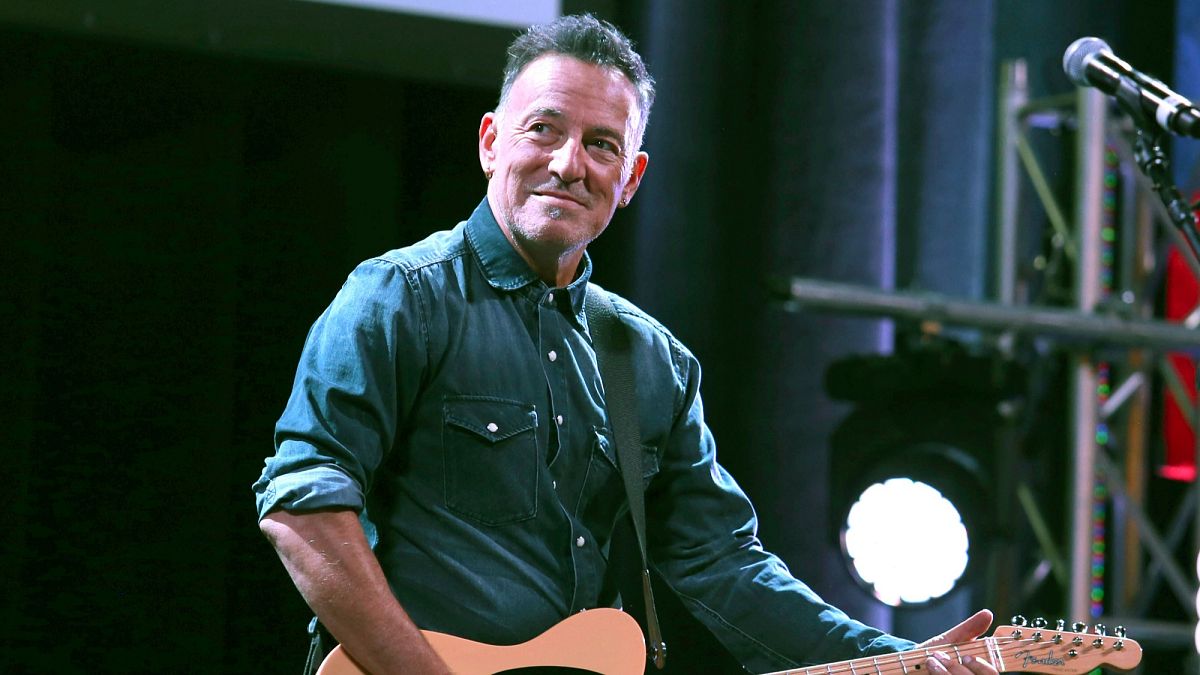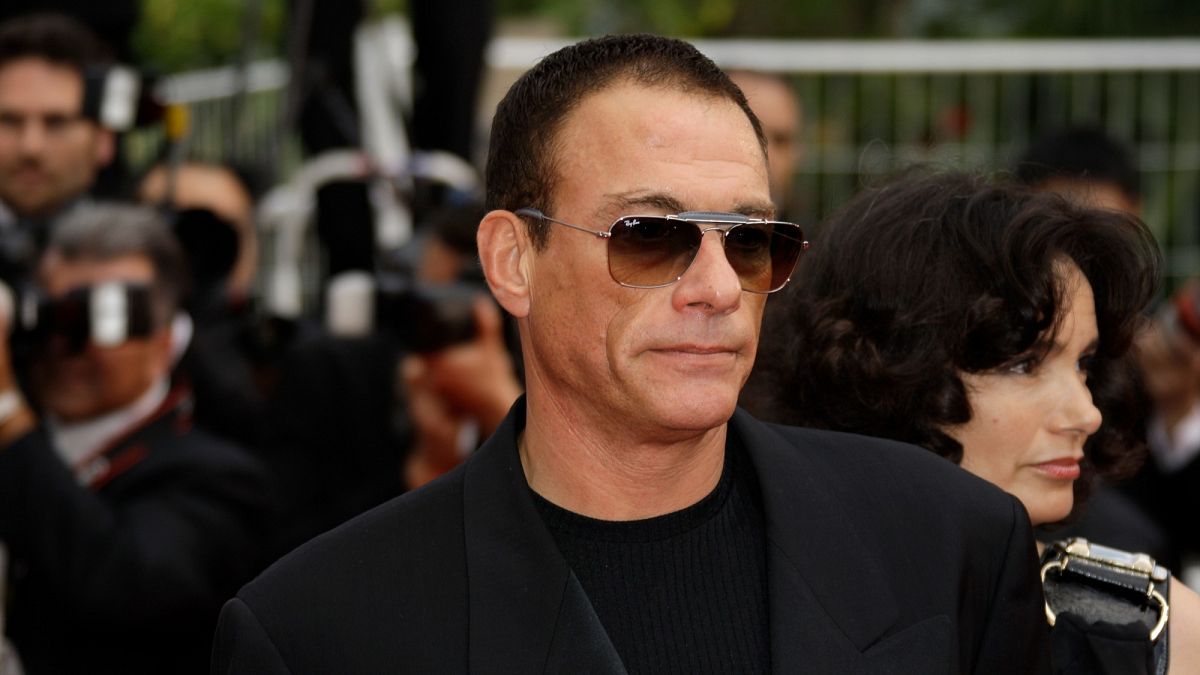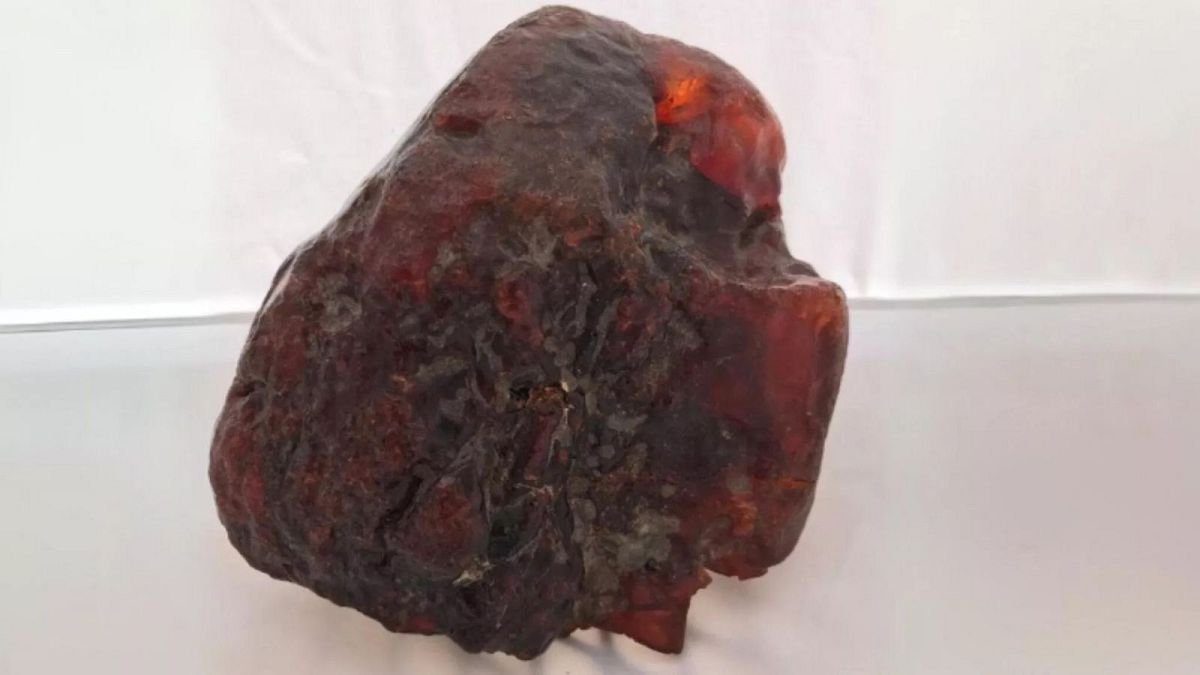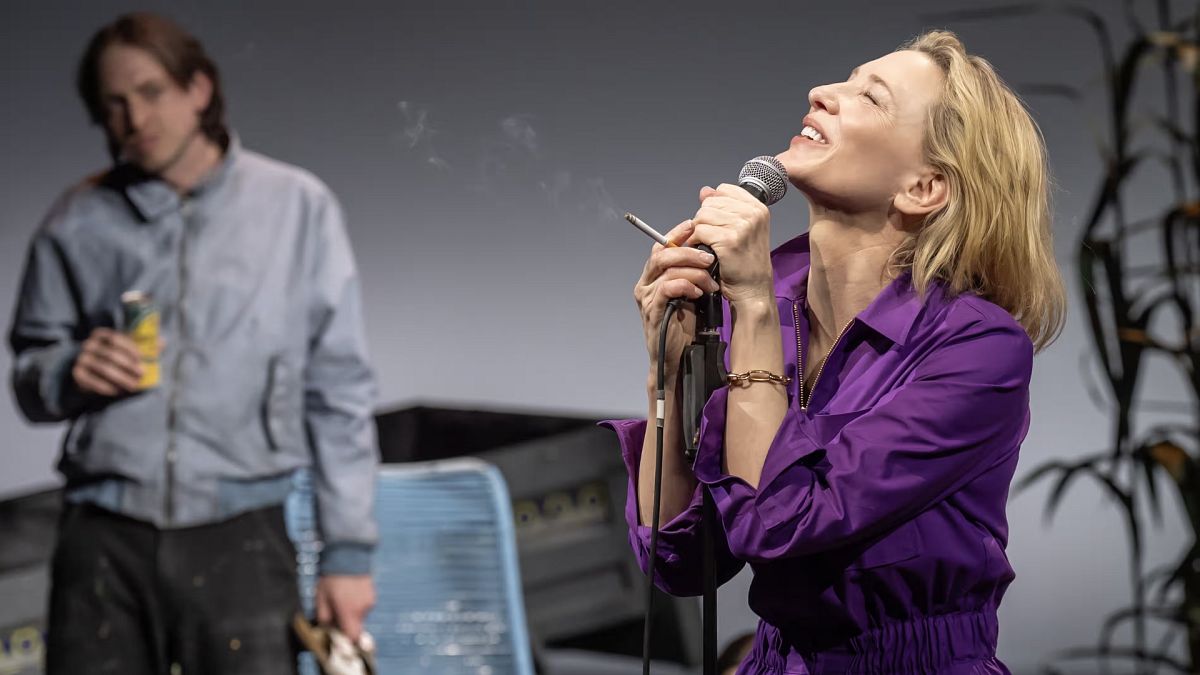Trupa Trupa are much more popular abroad than in Poland itself. Singer Grzegorz Kwiatkowski believes it's because of the themes they deal with in their music, history's darkest chapters, especially the Holocaust. Euronews Culture caught up with Grzegorz and the band in Gdańsk.
Three big concerts are coming up this week for the Polish punk band Trupa Trupa across England in London, Nottingham and Manchester.
Next year the tour will continue in the USA and Ireland, where Iggy Pop has personally invited them to the In the Meadows festival.
Singer Grzegorz Kwiatkowski says that the Gdańsk band has more fans abroad than in Poland itself, because they often deal with dark chapters of history, especially the Holocaust.
Grzegorz plays together with Wojtek Juchniewicz and Tomek Pawlucszuk. The band also influenced his further work. He is a poet, activist and lecturer:
"I think all these things - Trupa Trupa, poetry, activism and university life - it's all mixed together. For me, it's all one part. It's all part of a memory art project. I think from my perspective it's about memory, history, beauty and creating art," explains Grzegorz.
"My poetry is connected to Trupa Trupa and Trupa Trupa is connected to my activism. My activism is connected to my poetry. My poetry is connected to my university life. So it's all connected, but it's all a bit different."
Remembering the Holocaust
The most important theme is the memory of the Holocaust. Grzegorz writes poems about it and conducts research. In 2025, he will be an artist-in-residence in the Fortunoff Archive programme at Yale University in the USA. There he will write poems about the Holocaust testimonies stored in the Fortunoff Archive. Later in the process, the entire band Trupa Trupa will also be involved.
In Gdańsk, Grzegorz has been campaigning for the memory of the city's former ghetto for eight years: "For me, [the ghetto] is a very symbolic, symbolic place, because I have fought for many, many years for this place to be remembered." Not far from the centre of Gdańsk, there is now a chain of plans commemorating the ghetto.
"People, tourists and visitors who come to Gdańsk can now learn about the history and respect the victims of this very tragic place," explains Grzegorz.
"Because of my family history"
As a singer, poet, lecturer and activist, Grzegorz deals with the Holocaust, a very dark chapter in Polish and world history - but why does he do it?
"I do it because of my family history. And I'm doing it because my grandfather was a prisoner of the German concentration camp Stutthof, which was 30 kilometres away from Gdańsk. So my family was affected by the history of the Second World War. My wife also has Jewish roots. My wife's family hid in the forest near the town of Rzeszów during the Second World War because they were Jewish. So my family was affected by the Second World War and the Holocaust from both sides in a very tragic way."
The history of his family strongly influences Grzegorz in his work: "I very quickly realised that the violation of human rights and war crimes are not just problems of the past, but also problems of the world today. Of course, the world is safer today than it was during the Second World War. But it is still a very dangerous place for many people."
For Grzegorz, history is more than just remembrance: "The culture of remembrance is important in order to be a good person. We should remember the tragedies and the past in order to become better people."

 3 months ago
35
3 months ago
35






 We deliver critical software at unparalleled value and speed to help your business thrive
We deliver critical software at unparalleled value and speed to help your business thrive






 English (US) ·
English (US) ·